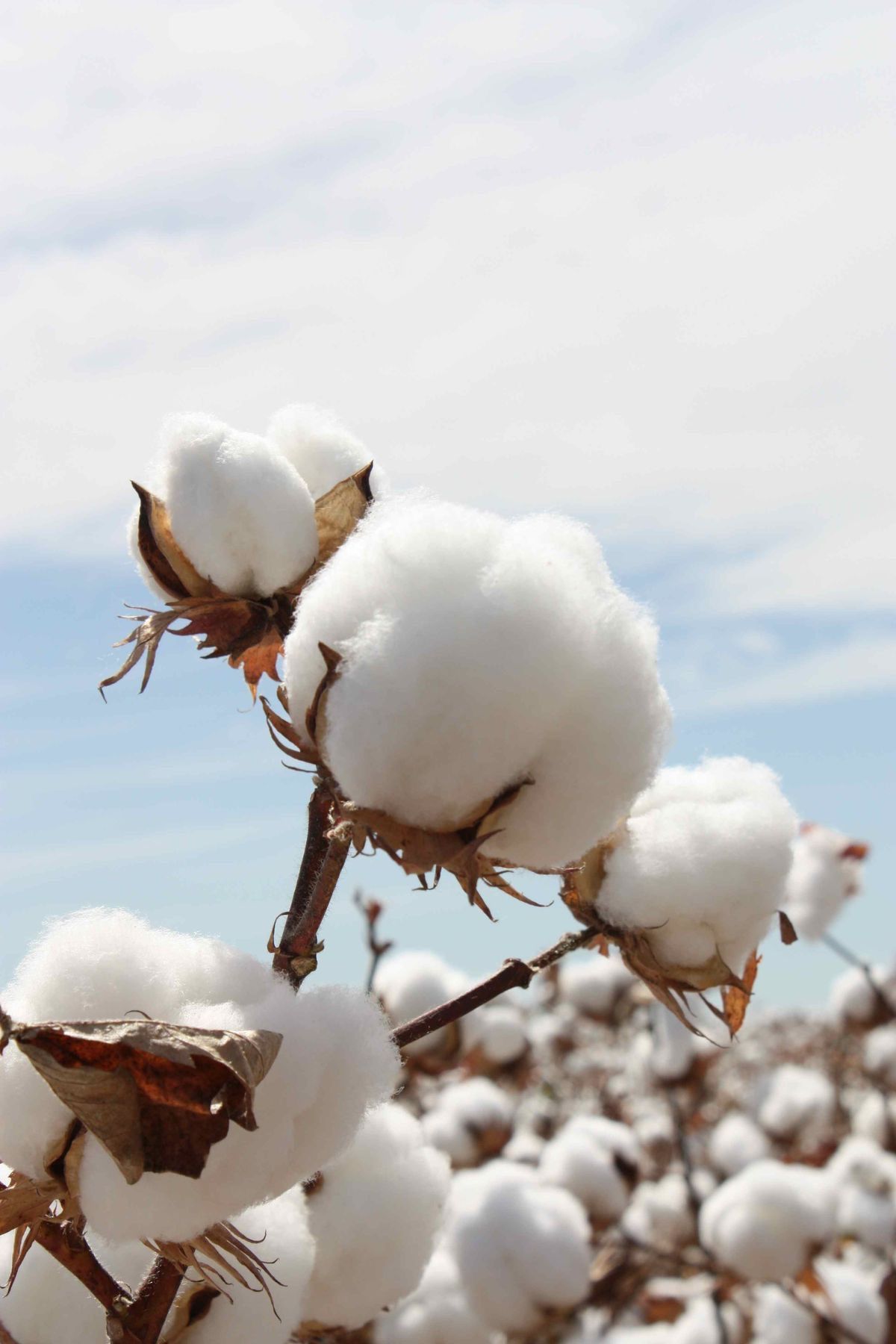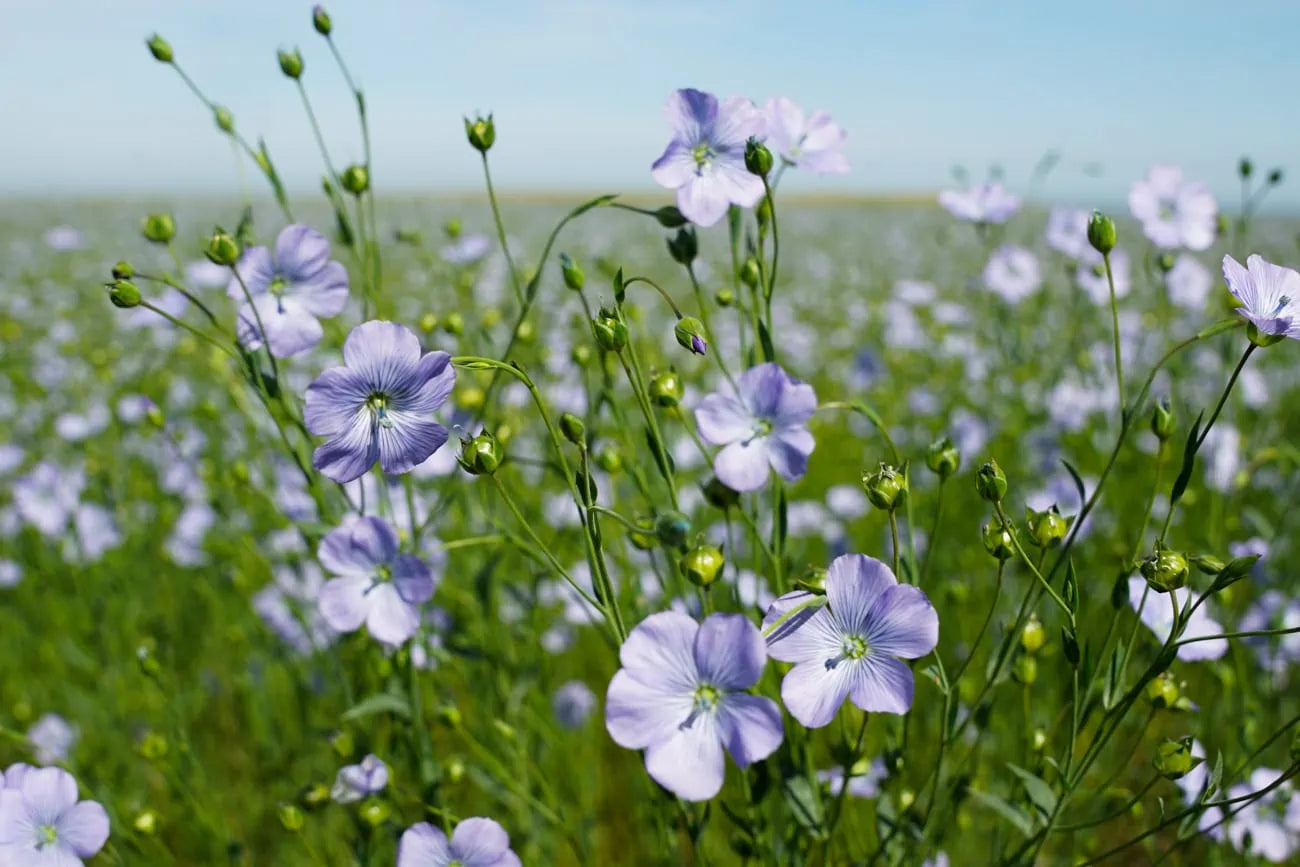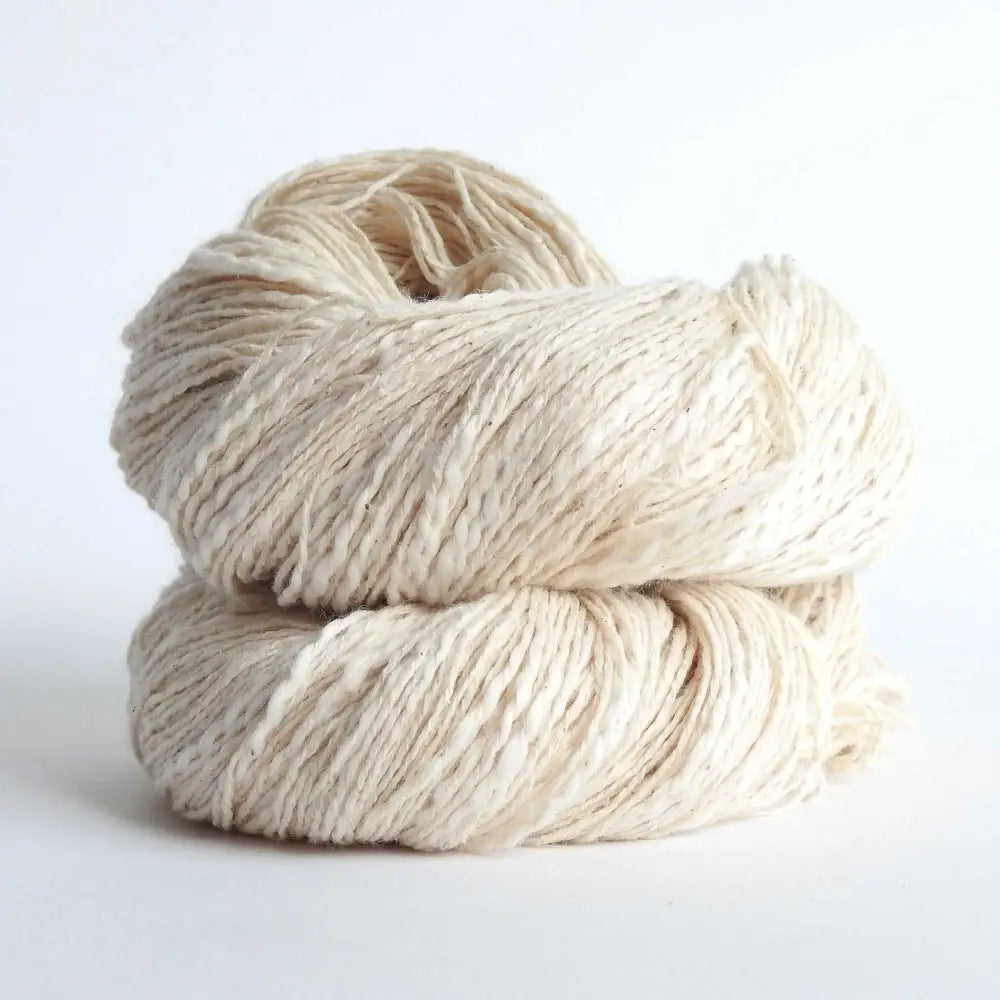The fabric & knits we work with regularly, sharing characteristics of both fibres and any specific wash care instructions;
All our fabrics are natural, locally sourced, and pre-shrunk with a softening, Bio-wash ― The environmentally friendly alternative to the chemical finishing process formerly utilised is bio-washing.
Pre-washing our fabric, allows for effective shrinkage of all garments, which means no surprises after purchasing when washing.
Our knit yarns are all hand-dyed locally, with natural dying processes, giving garments a unique marbled effect.
What are the characteristics and properties of Cotton?
― Comfortable & Soft: The cotton plant is naturally soft and fluffy, and cotton fabric retains this soft feel.. Making cotton very comfortable to wear.
― Absorbent & Breathable: The space between cotton fibres means cotton is absorbent, allowing it to very breathable and cool in summer and warmer in winter.
― Drapes well: Cotton hangs from the body in a naturally fitting yet soft shape.
― Durable & Strength: Cotton is strong, and actually gets stronger when wet. It's strength when wet, means you can let the washing machine do the hard work, and not have to worry about wear and tear.
How to wash Cotton?
> Wash in warm or cool water to prevent shrinking and fading. Use hot water carefully, as washing cotton in hot water can cause it to shrink.
> Avoid fabric softeners, as this can dull the finish.
Drying Cotton?
> Cotton fabrics can be air-dried or machine dried using moderate-to-low heat. High heats can cause cotton fibers to shrink.
Ironing Cotton? (Optional):
> Iron on high heat while fabric is slightly damp. Use steam as needed. Note that ironing can usually be avoided by air drying or removing immediately from the machine.


What are the characteristics of Linen?
― Antibacterial: Nearly all flax linen has some ability to inhibit bacterial growth, allowing garments to stay ‛fresher for longer’.
― Wicking & Thermoregulating: Linen lifts perspiration away from the skin, cooling in summer and trapping air to create more warmth in winter.
― Hypoallergenic: For those with sensitive skin, or allergies to certain materials, linen is the best option. It doesn't cause allergic reactions.
― Sustainability: Linen is an incredibly sustainable fibre, it’s environmental footprint is very small, and it’s also 100% biodegradable.
― Durability: The fact that it lasts longer than other fibres, it naturally reduces our dependency on disposable - synthetic alternatives. It doesn’t age as fast either, and ‛just gets better with age’.
― Strong: Linen fibres get stronger when wet, therefore when washed, linen will sustain naturally lesser damage than other fibres. This is why linen is weaved in a very humid environment, to increase the tensile strength of the yarn.
How to wash Linen?
> Use cold or lukewarm water: Set your machine to a gentle cycle.
> Mild detergent: Opt for a gentle, liquid detergent. No bleach.
Drying Linen?
> Low heat in dryer: If you must use a dryer, choose a low temperature.
> Prefer air drying: Hang or lay flat to air dry for the best results.
> Avoid sunlight: Keep out of prolonged direct sunlight.
Ironing Linen? (Optional):
> Iron while damp: For a smoother look, iron when the garment is slightly damp.
> Medium-hot setting: Use the appropriate setting / heat setting for linen.

